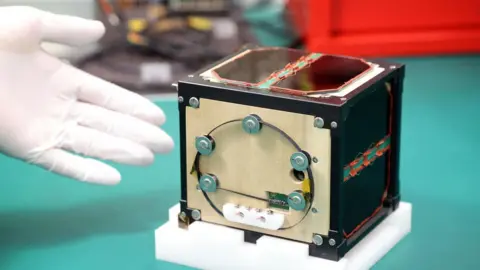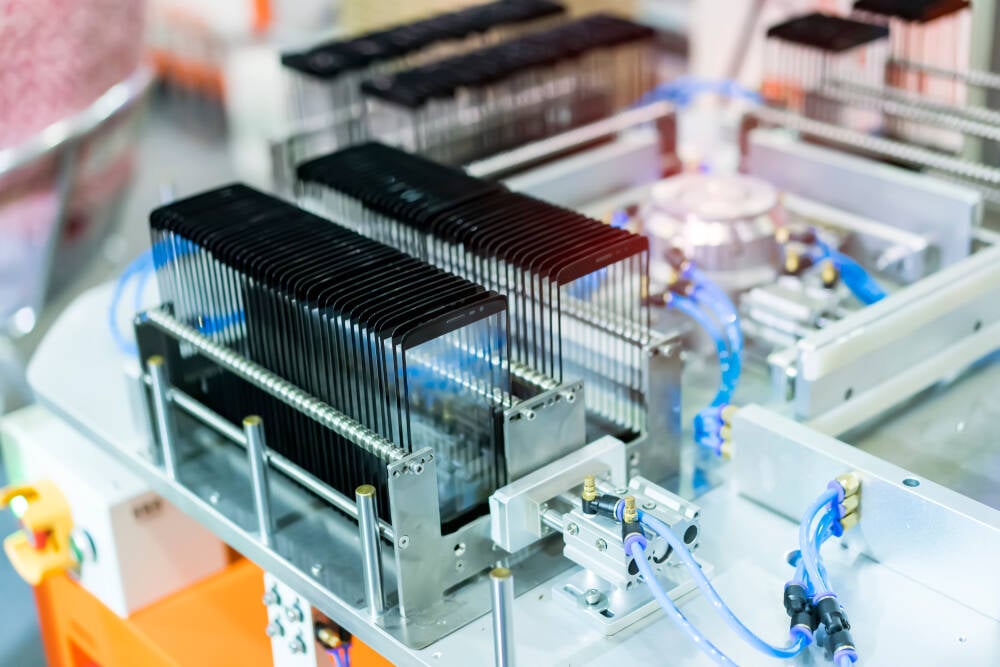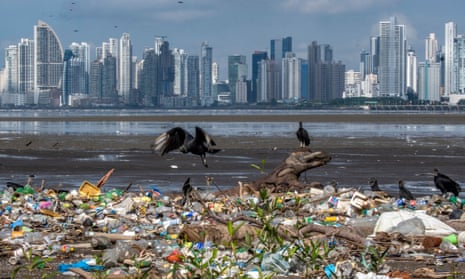The world’s first wood-panelled satellite has been launched into space to test the suitability of timber as a renewable building material in future exploration of destinations like the Moon and Mars.
Made by researchers in Japan, the tiny satellite weighing just 900g is heading for the International Space Station […]. It will then be released into orbit above the Earth.
Named LignoSat, after the Latin word for wood, its panels have been built from a type of magnolia tree, using a traditional technique without screws or glue.
Researchers at Kyoto University who developed it hope it may be possible in the future to replace some metals used in space exploration with wood.
“Wood is more durable in space than on Earth because there’s no water or oxygen that would rot or inflame it,” Kyoto University forest science professor Koji Murata told Reuters news agency.
[…]
Dr Barber said it wasn’t the first time that wood had been used on spacecraft.
“We use wood – cork – on the re-entry, outer shell of vessels of spacecraft to help them survive re-entry into Earth’s atmosphere.”
Russian and Soviet lunar landers used cork to help the rover have grip as it was descending to the surface, he added.
“There’s nothing wrong with using wood in space – it’s using the right material for the right task.”
He pointed out that wood has properties that are hard to control.
“So from an engineering point of view it’s quite a difficult material to work with… I think wood’s always going to have a problem to make critical structures like parts of spacecraft where you need to predict how strong it’s going to be.”
The researchers at Kyoto University hope using wood in making spacecraft could also be much less polluting than metal ones when they burn-up on re-entry at the end of their life.
[…]
Source: LignoSat: First wood-panelled satellite launched into space



